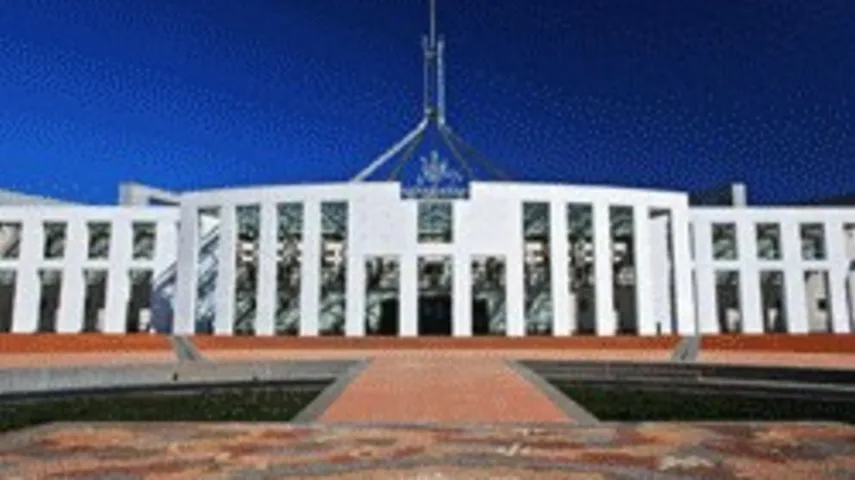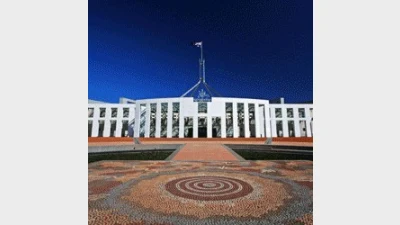SMSF strategy changes justified post-Budget



With one month to go until the end of this financial year, investors would do well to review their superannuation strategies and maximise their super savings before new laws announced in this year's Federal Budget kick in, according to Hewison Private Wealth.
Chris Morcom, director and adviser at Hewison Private Wealth, said that the Government's election Budget was not surprising but was a disappointing outcome for higher income earners, who will face increases to contributions tax and restrictions on superannuation contributions.
"June represents a golden opportunity for higher income earners to turbo charge their retirement savings before a suite of new superannuation laws come into play," he said.
"But investors will need to plan accordingly."
Morcom suggested three specific super strategies for investors to consider pre-June 30 - but for self-managed super funds (SMSFs), the most important is the transfer of in-specie assets.
"Time is running out to take advantage of in-specie asset transfers, a popular strategy for reducing exposure-to-market risk, with the end-date for in-specie contributions 30 June 2012," he said.
"Investors should take advantage of weaker investment markets by transferring personally-owned listed assets, or business real estate property, to their super fund, as a contribution that can be made 'off-market'."
Morcom said that if someone was a high-income earner, it made sense to transfer their assets into their super fund in order to shield themselves and their assets from market risk.
"It can be a very tax-efficient way to build a retirement base," he said.
Hewison Private Wealth emphasised that in-specie and off-market asset transfers were transactions whereby SMSFs could transfer assets, in lieu of cash, to or from fund members or their related entities.
According to Morcom, as of July 1 this year investors will have to sell their assets on the market first, contribute cash to their SMSF, and then rebuy the assets, exposing themselves and their assets to the chance of market fluctuations during the transaction.
"When in doubt, investors should seek the professional help of their financial adviser to ensure they are eligible to utilise various strategies and aren't in breach," he concluded.
Recommended for you
ASIC has commenced civil penalty proceedings in the Federal Court against superannuation trustee Diversa Trustees, regarding the First Guardian Master Fund.
The winners have been announced for the 2025 Super Fund of the Year Awards, held in Melbourne on 26 November by Money Management's sister brand Super Review.
Data and technology provider Novigi has acquired Iress’ superannuation consulting and managed services business from Apex Group.
AMP is to launch a digital advice service to provide retirement advice to members of its AMP Super Fund, in partnership with Bravura Solutions.










